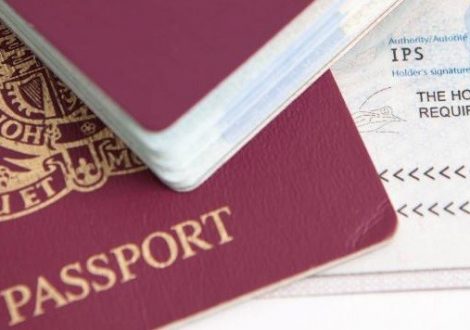
We are fast approaching the end of the holiday taking period pursuant to the new Holiday Act (31 December), and employees will need to decide on how untaken holiday, relating to the fifth holiday week will be treated.
Changes from the old Danish Holiday Act
The rules for transfer / payment of unpaid holidays are almost identical to the rules in the old Danish Holiday Act.
However, there are a number of important changes which employers should be aware of, as summarised below.
Fifth holiday week
Whilst it was permissible under the old Danish Holiday Act, to agree with the employee on payment or transfer of the fifth holiday week to a new holiday year, this was not an automatic right.
Under the new Holiday Act an employee will automatically be paid for the untaken fifth holiday week, if no agreement on the transfer of holiday has been made. There are several exceptions to this general rule, pertaining to part time employees and employees who have not been employed for the entire holiday taking period, which are discussed further below.
Obstacles to the taking of holiday
The old holiday rules allowed employees to be paid for all holiday that was not taken due to illness, maternity leave, military service, and the like, often referred to as a holiday obstacle.
The new holiday rules now mean that an employee can now only be paid for untaken holiday if the employee has been prevented from taking holidays over 2 holiday years due to a holiday taking obstacle. Therefore, in the first year that the employee has been prevented from taking holiday the employee will automatically have the holiday transferred to a new holiday year.
Please note, that like the old Holiday Act, an employee being too busy take holiday is not a legitimate holiday obstacle.
Applicable rules for transfer/payment
As a general rule an employee must take all 5 weeks holiday in the holiday taking period, which under the new act is 16 months, from the beginning of the holiday year 1 September to 31 December of the following year.
To avoid losing untaken accrued holidays, the employee must take a minimum of four weeks holiday in each holding period, as the Holiday Act only provides for the possibility of paying / transferring the fifth holiday week.
The minimum 4-week holiday (protected holiday) cannot include holiday that has been transferred from a previous holiday year.
The requirement to take a minimum of four weeks holiday cannot be waived.
Agreement on the transfer of the fifth holiday week
The employee and the employer must, before 31 December (end of the holiday taking period), enter into a written agreement on the transfer of the 5th holiday week. There are no formal requirements for the written agreement, therefore a SMS, e-mail or approval in a digital system will be considered a valid agreement.
If an agreement is reached with the employee regarding the transfer of the fifth holiday year, the transferred holiday must be taken first in the new holiday taking period.
It is a prerequisite for the transfer of holiday, that the employee is not covered by a collective agreement preventing holiday transfer.
It is the employer’s (or person responsible for making holiday payment) responsibility to notify FerieKonto that the holiday will be transferred, such notification should take place no later than 31 December.
Payment of the fifth holiday week
If a current full-time employee (37 hours per week) has not entered into an agreement on the transfer of the fifth holiday week, the employee will automatically be paid for any untaken holiday above the minimum 4 weeks.
If the employee has not been employed by the same employer during the holiday taking period and/or has been employed part time (less than 37 hours), the employee can only be paid for untaken holiday above the minimum 4 weeks if the employee can declare to the employer that:
If the employee has not been employed by the same employer full time during the entire holiday period, it is important that the employeer receives the declaration from the employee no later than 31 December.
If the employee does not meet that deadline, the employee will lose his / her holiday days, as the employer must pay the holiday pay to the Labor Market Holiday Fund or a private holiday fund.
Declaration retention
If an employer has not entered into an agreement on the transfer holiday for part-time employees or employees who have not been employed during the entire holiday period, untaken holidays above the minimum 4 weeks may only be paid if the employee has submitted a declaration, cf. the above.
The declaration from the employee must be kept for 5 years, pursuant to the provisions of the Accounting Act on the storage of accounting material.



Thanks to the following contributors to the website: Steen Evald (photograph), Stine Heilmann (photograph), Count Pictures (video), Kunde & Co. A/S (design), WeCode A/S (coding)